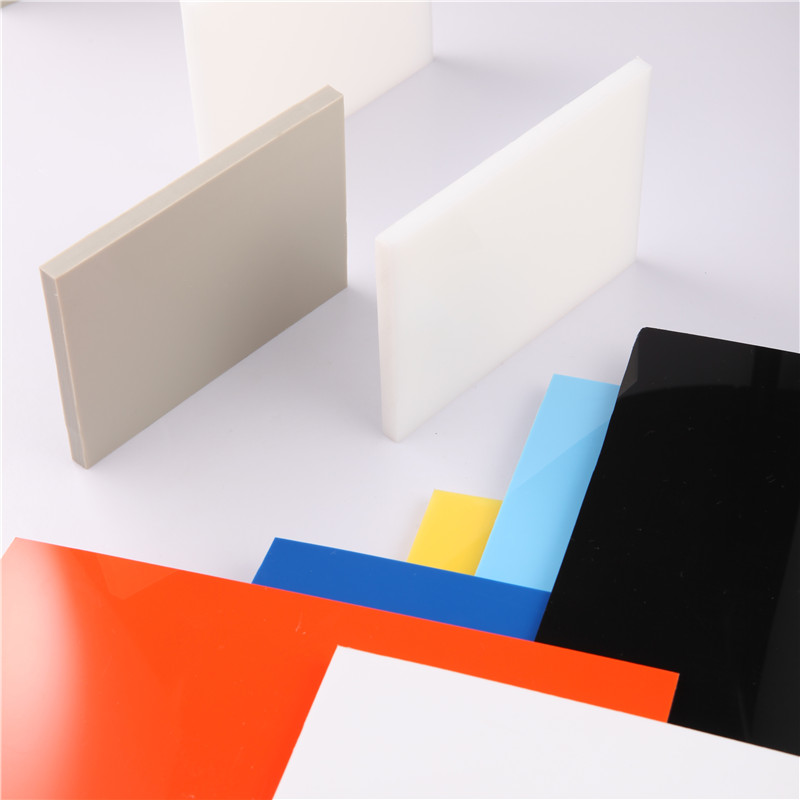تشرینی یەکەم . 05, 2024 08:01 Back to list
Exploring the Benefits and Applications of PVC Pipe in Construction and Plumbing
The Versatility and Utility of PVC Pipes
Polyvinyl chloride (PVC) pipes are a staple in the construction and plumbing industries, renowned for their durability, lightweight characteristics, and versatility. Since their introduction in the mid-20th century, they have revolutionized the way we manage water supply, drainage, and various other applications across residential, commercial, and industrial landscapes.
One of the principal advantages of PVC pipes is their resistance to corrosion and chemical damage. Unlike metal pipes, which can rust and corrode over time, PVC is inert and does not react with water or other substances, making it an ideal choice for a variety of environments. This resilience ensures a longer lifespan—often exceeding 50 years—thus reducing the need for frequent replacement and maintenance.
The Versatility and Utility of PVC Pipes
Moreover, PVC pipes are manufactured in a range of sizes, providing versatility for multiple applications. From residential plumbing systems, where they can be used for potable water lines and drainage systems, to industrial applications that require heavy-duty solutions, PVC can cater to diverse needs. Additionally, it is used in irrigation systems, allowing for efficient water distribution in agriculture, further illustrating its adaptability.
pvc pipe

The production of PVC pipes is also relatively efficient and environmentally friendly compared to other materials. Advances in manufacturing processes have led to reductions in waste and energy usage, contributing positively to the overall carbon footprint of construction projects. Additionally, many PVC products are now made from recycled materials, promoting sustainability within the industry.
Despite these advantages, it is essential to consider the potential downsides. PVC is not as heat-resistant as metal pipes; exposure to high temperatures may lead to deformation. Consequently, it's crucial to ensure proper insulation and careful application in regions with intense heat or where hot water systems are involved.
In terms of health and safety, there have been discussions about the potential leaching of harmful chemicals from PVC into drinking water. However, regulatory agencies have established safety standards to ensure that modern PVC pipes are safe for use in various water systems.
Overall, PVC pipes offer a range of benefits that have made them an essential component in modern construction. Their durability, cost-effectiveness, and environmental advantages align well with the needs of today’s infrastructure projects. As industries continue to evolve, the importance of materials like PVC will undoubtedly remain, proving crucial in creating safe, efficient, and sustainable environments for future generations.
-
Durable PVC-M Water Supply Pipes | 60-Year Life
NewsAug.04,2025
-
Premium HDPE Water Supply Pipes: Durable & Leak-Proof
NewsAug.03,2025
-
Premium PVC-M Water Supply Pipe - Durable & Efficient
NewsAug.02,2025
-
Premium PP Welding Rod: GPT-4 Turbo Enhanced
NewsAug.01,2025
-
HDPE Drainage & Irrigation Pipe - Durable, Efficient Solutions
NewsAug.01,2025
-
Premium PVC Transparent Pipe: Durable & Clear Solutions
NewsJul.31,2025

